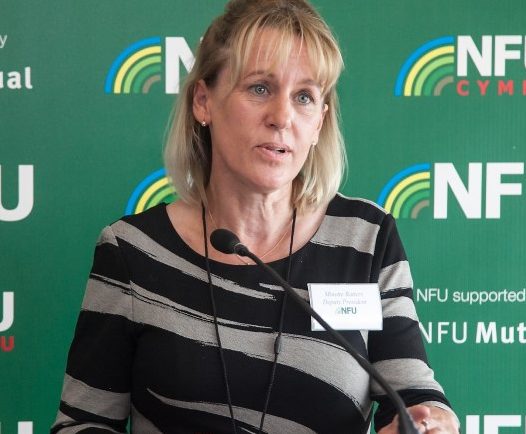There has been a positive response from National Farmers’ Union’s (NFU) president Minette Batters, in regards to the EFRA food and farming report which was released today.
The EFRA report was released regarding ‘the future of food, farming and the environment.’
The report states that once the UK leaves the EU, the Government plans to incentivise methods of farming that create new habitats for wildlife, increase biodiversity, reduce flood risk, better mitigate climate change and improve air quality by reducing agricultural emissions.
It intends to do this by leaving the European Common Agricultural Policy (CAP) and implementing a new system based on paying public money for public goods.
In a statement, Batters commented: “The findings from the EFRA Select Committee will be welcome news for farmers and growers, who have long been calling on the Government to provide clarity on future funding and how British farming’s high standards will be protected post-Brexit.
“British farming operates to some of the highest standards in the world. It is vital that British farming’s produce and contribution to the nation is not undermined.
“The NFU is pleased to see the Committee request that Government produce a farm productivity plan by May 2019.”
She went on to say that the NFU believes that a productivity plan could be a vital tool in ensuring farm businesses are able to perform at their best, to continue producing high-quality, safe, traceable food for the nation.
Batters continued: “As the Committee points out, the forthcoming Agriculture Bill will provide a crucial vehicle for implementing these and many other aspects of future agricultural policy. We agree that it is vital that the Committee carries out pre-legislative scrutiny before the formal introduction of the Bill.
“Farming is a long-term business and farm businesses need urgent clarity on what their future trading situation, labour supply and funding will look like.
“The NFU continues to press Government on confirming how long a transition period will apply for agriculture to ensure farmers are able to plan properly,” she concluded.









